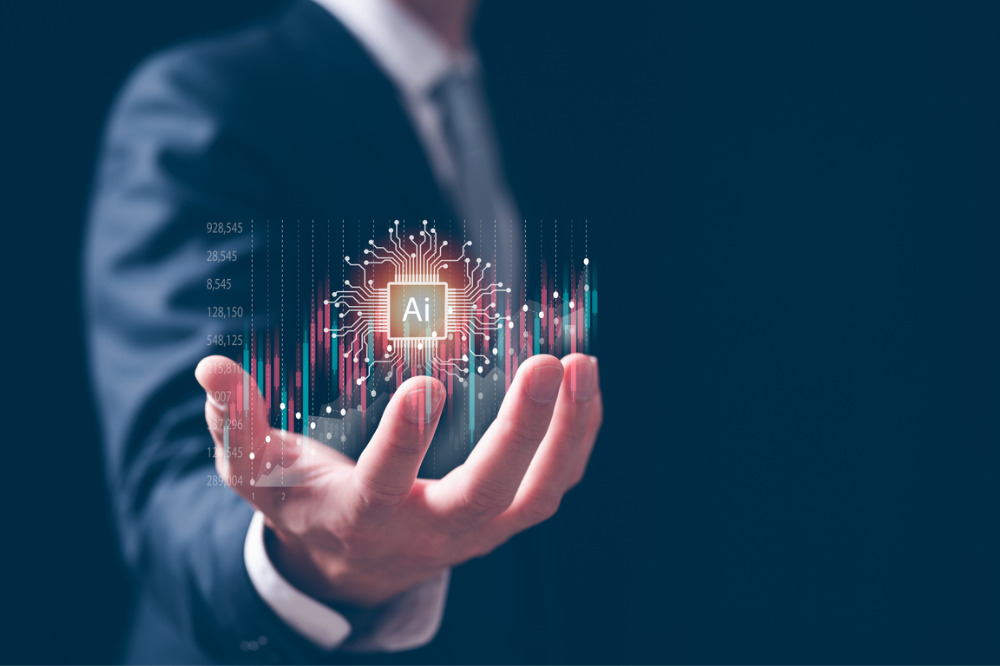
In July, Federal Education Minister Jason Clare opened the draft schools AI framework with the aim of establishing how to “guide the safe and effective use” of this technology in Australia’s schools.
Clare said the outcomes from the consultation will support the development of the final Australian Framework for Generative Artificial Intelligence in Schools to ensure that schools, teachers, and students enjoy the benefits of generative AI while safeguarding against potential risks.
While the Education Department is working through responses for further consideration by Education Ministers next month, many principals across Australia know little about the technology that is taking Australian schools by storm.
“On a continuum, there are some principals who know a great deal about it; most know a little about it; there are a few who know nothing about it,” the now retired Australian Secondary Principals’ Association (ASPA) president Andrew Pierpoint told The Educator in August.
“The AI juggernaut will probably move faster than what we can keep up with, but it behoves us to provide that professional learning for our colleagues so they can make the best of it.”
With education departments across Australia now embracing AI, the importance of principals taking a proactive approach to learning about this rapidly evolving technology and how it can be used for impact in the classroom is critical.
Begin with a phased professional development plan
Brian Sathianathan, the Co-Founder and Chief Technology/Digital Officer of Iterate.ai, an innovation ecosystem launched in 2013, says that for principals and staff who are new to AI, a phased professional development plan is crucial.
“Start by taking basic courses and seeking out expert guidance to build your foundational knowledge. Then, offer tailored training to staff based on their current level of comfort with AI, including hands-on activities, guest lectures, and peer-to-peer learning,” Sathianathan told The Educator.
“To keep everyone engaged, encourage a culture of lifelong learning and recognise those who embrace AI.”
Sathianathan said integrating AI concepts into the curriculum and setting a good example by leading with curiosity and openness are also key.
“By doing so, you'll help bridge the knowledge gap and allow the school staff and team to confidently navigate the world of AI.”
Shomron Jacob, Head of Applied ML and Platform and Spokesperson at Iterate, said the growing application of AI in K-12 education means that school leaders should prioritise AI literacy as part of continuous professional development within their school.
“Begin with foundational AI workshops to demystify concepts. Encourage staff to explore AI's role in modern education through online courses or seminars. Collaborate with tech experts for hands-on training,” Jacob told The Educator.
“As AI integrates into various sectors, understanding its potential and ethical implications is crucial for educators. This ensures they're equipped to guide students in a rapidly evolving digital landscape.”
Continuous evaluation is key
Sathianathan said that the first step for any school beginning its AI journey is to first figure out why they want to use AI and make sure if it aligns with what students are already learning.
“I would then suggest training teachers on how to use AI effectively, focusing on both the technology and when and why to use it,” Sathianathan said.
“Continuously evaluation on whether AI is making lessons more engaging and helping students learn would be ideal.”
Finally, says Sathianathan, schools should teach the ethical use of AI, ensure equal access for all students, keep parents informed, and stay prepared for the future by allowing for flexible lessons that can evolve with new technologies and skills.
“By following these few steps schools can make use of AI to improve learning outcomes while promoting fairness and safety for all students.”
Jacob said that in addition to this, schools must establish clear guidelines and objectives for using generative AI.
“Start with pilot programs to gauge its effectiveness and gather feedback, and ensure teachers receive training to integrate AI tools effectively and ethically,” he said.
“Schools should also limit initial usage of AI to specific projects or subjects, allowing controlled exposure. It’s also important to regularly review and update policies based on outcomes and advancements in the technology.”
Jacob added that schools will also benefit from emphasising critical thinking and digital literacy alongside AI usage, which he said ensures students can discern and evaluate generated content responsibly.
What will be the next big thing in AI?
Given rapid advancements in AI around the world – not to mention the escalating ‘AI arms race’ between technology powerhouses like United States and China – it’s likely schools could soon see ChatGPT and other popular generative AI tools dwarfed by a superior model.
Sathianathan says one such candidate is the use of “cognitive architectures” – AI systems designed to simulate human cognition and enable machines to reason, learn, and problem-solve like humans.
“Another is the rise of transformer-based models, which have shown remarkable performance in a wide range of NLP tasks and have the potential to replace traditional rule-based approaches,” he said.
“Additionally, the growing trend towards federated learning, which enables multiple devices to collaboratively train a shared model without sharing their data, has the potential to democratise AI and enable edge AI capabilities.”
‘Significant shifts’ coming
Sathianathan said while it is difficult to predict exactly when these technologies will become mainstream, “it is clear that the next decade will be an exciting time for AI research and its applications.”
Jacob agrees, saying while ChatGPT is groundbreaking, the AI field is “dynamic, with continuous advancements.”
“Quantum computing and neuromorphic engineering are potential game-changers, promising faster and more human-like AI processing,” he said.
“Technologies like brain-computer interfaces could redefine interactive learning. As for candidates, OpenAI, Google's DeepMind, and IBM are at the forefront of AI research.”
Jacob also acknowledged that predicting exact timelines is challenging, but said given the current pace, we could witness “significant shifts in the next 5-10 years”.
“As these technologies mature, they'll not only enhance education but reshape various sectors, emphasising adaptability and lifelong learning.”


